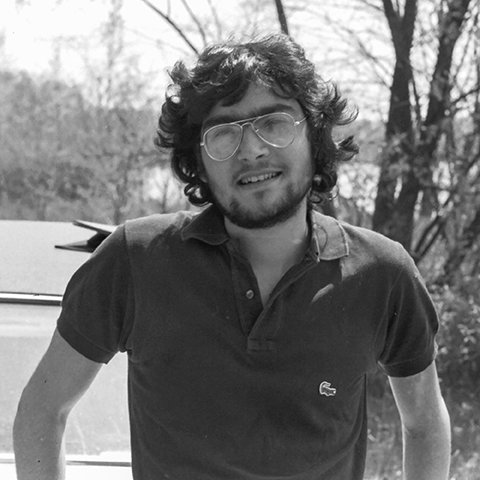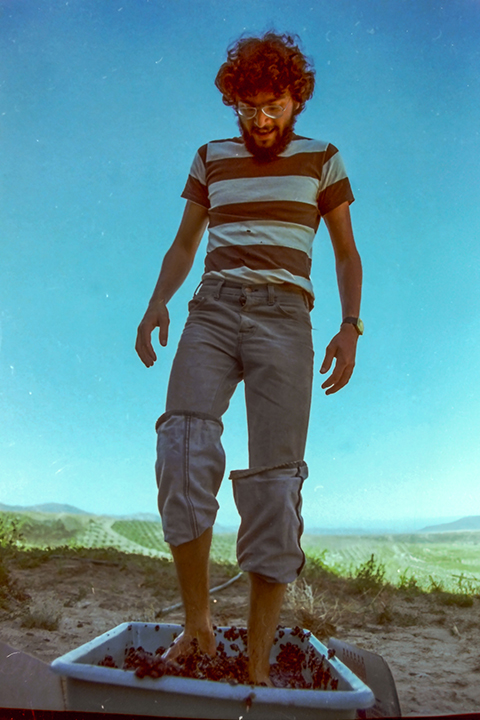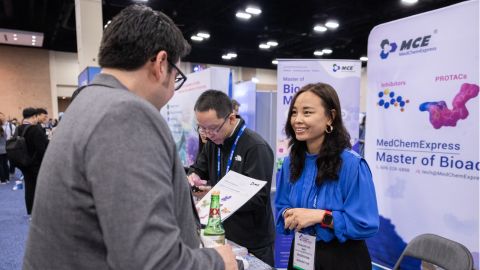
Being on the outside of the inside
I spent all but the first few months of my childhood in South America, living first in Colombia, then in Venezuela, so I was woefully unprepared when, shortly after I turned 17, I traveled from Caracas to Madison, Wisconsin, to start my freshman year of college.
I had never been to Madison and had only lived in the U.S. for a few months after I was born. We made several family trips to New York City, and I spent a summer in Maine at a camp where I was bullied for being a “spic.” My preparation for college was poor: three years in a high school with a minimal curriculum and poorly trained teachers. I had no career counseling and didn’t know what I wanted to study. In short, I was not well prepared for or aware of all the changes that awaited me. Neither of my parents were college-educated so they could not counsel me.

In college, I felt like an outsider. I’m somewhere between South American, American, Middle Eastern, and Sephardic–Spanish, so I didn’t have a succinct answer to the question, “Where are you from?” This made it challenging for me to fully melt into the American melting pot.
Upon my arrival in Madison, I was assigned to a dorm room with a student from Zaire who became a lifelong friend. I met another student from Pakistan who also became a lifelong friend. I had some immediate surprises. I discovered that among many American boys, sports were an obsession. I had no idea what they were talking about when they shared their common lore of famous athletes and historic games. Alcohol was also big; on weekends, many kids would drink to get drunk. A lot of social activity was centered in bars.

In the dorm, I lived next to a sophomore student named Michael Green. Michael was over-the-top brilliant, very funny and was extremely motivated to become an academic scientist, like his virologist father. He loved snakes and persuaded many of us to acquire them, so our dorm floor in Ogg Hall was soon teaming with snakes.
Michael was so enthusiastic about studying for his science classes that I had a Tom Sawyer fence-whitewashing moment. Like Tom’s friends, I had to try it out, and I signed up for science courses. At first, I struggled because I had never before had to cultivate good study habits. But, after I took a cell biology course from a wonderful instructor, Ann Burgess, I was smitten. Michael’s model of intensity and hard work served as my beacon.
In graduate school at the University of California San Diego, I developed self-confidence and hit my stride, working long hours in the lab, while also enjoying outside activities, including backpacking, scuba diving, folk dancing and winemaking. I developed lifelong friendships among my peers and mentors, and a strong sense of community with colleagues I met at conferences — friendships that would endure throughout my career. From my experience as a teaching assistant, I developed a love of teaching and made mental notes on how I would teach my own classes once I landed a faculty position.
Ten years after I arrived at Madison to start college, I returned to become an assistant professor without going to another lab for a postdoc. I had the illusion that I was surrounded by what I thought of as “perfect people”: people who grew up in perfect homes, lived perfect lives and were perfectly prepared for their jobs. I felt like I crashed a party, my version of imposter syndrome.
Michael Green went on to become a famous molecular biologist. He unexpectedly died last year. His younger brother, Eric, also a renowned scientist, invited me to pay tribute to Michael at a memorial at the University of Massachusetts, where he was a department chair and director of the cancer center. While planning my presentation, I felt a surge of gratitude to Michael, my many friends and colleagues, my department, my great university, my trainees, my wife and life itself. I realized that autonomy is an illusion; these influences were crucial to my development into a scientist and teacher.
I have never completely purged my imposter syndrome. Instead, I have come to realize that it is not without advantages. It has given me the humility to question my judgment, to seek advice from my friends and colleagues and to learn from the trainees and staff scientists in my own lab. It still allows me to look from the outside in. I am now able to redefine and embrace it.
Enjoy reading ASBMB Today?
Become a member to receive the print edition four times a year and the digital edition monthly.
Learn moreGet the latest from ASBMB Today
Enter your email address, and we’ll send you a weekly email with recent articles, interviews and more.
Latest in Opinions
Opinions highlights or most popular articles

Embrace your neurodivergence and flourish in college
This guide offers practical advice on setting yourself up for success — learn how to leverage campus resources, work with professors and embrace your strengths.

Survival tools for a neurodivergent brain in academia
Working in academia is hard, and being neurodivergent makes it harder. Here are a few tools that may help, from a Ph.D. student with ADHD.

Hidden strengths of an autistic scientist
Navigating the world of scientific research as an autistic scientist comes with unique challenges —microaggressions, communication hurdles and the constant pressure to conform to social norms, postbaccalaureate student Taylor Stolberg writes.

Black excellence in biotech: Shaping the future of an industry
This Black History Month, we highlight the impact of DEI initiatives, trailblazing scientists and industry leaders working to create a more inclusive and scientific community. Discover how you can be part of the movement.

Attend ASBMB’s career and education fair
Attending the ASBMB career and education fair is a great way to explore new opportunities, make valuable connections and gain insights into potential career paths.

Benefits of attending a large scientific conference
Researchers have a lot of choices when it comes to conferences and symposia. A large conference like the ASBMB Annual Meeting offers myriad opportunities, such as poster sessions, top research talks, social events, workshops, vendor booths and more.

